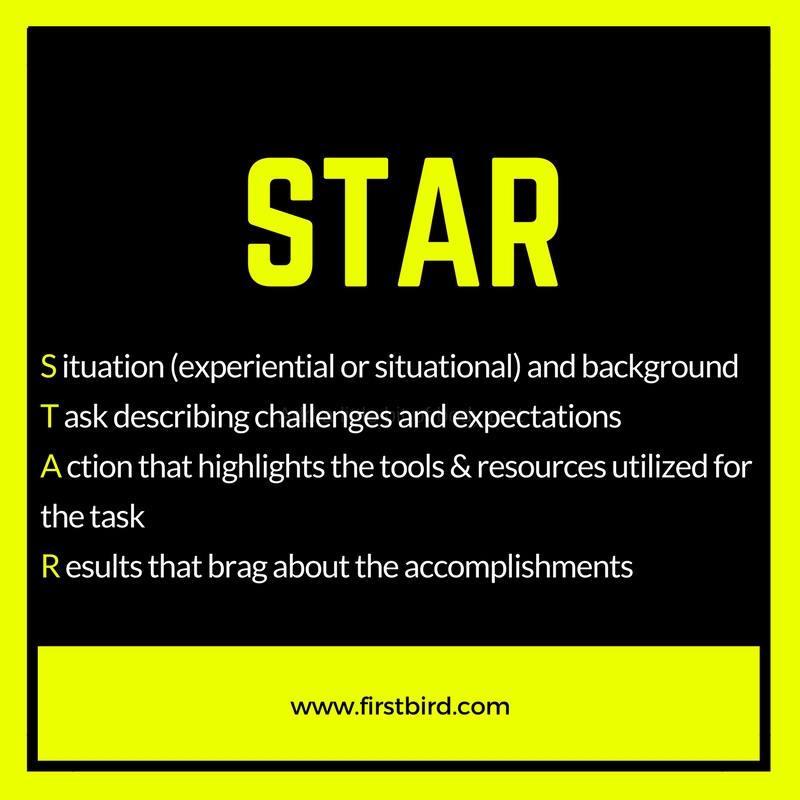1. Put the applicant at ease
As an interviewer you might want to ask tough questions at the start of the interview to check for red flags. But this strategy can backfire and make the applicant defensive. The best way to start an interview is to put the applicant at ease with a friendly conversation. Appear non-threatening, yet very professional.
2. Ask questions based on your research
You should ask questions based on what you have uncovered in your research about the applicant. You should ask him to elaborate on specific points you observed about them in their application, resume, past experiences & social profiles.
If you’ve conducted a pre-screening interview on the phone, you can use this in-person interview to make sure their story stays consistent. You can repeat the same questions you asked during the phone interview and see if the answers are the same.
3. Have an interview agenda
It’s essential to have an agenda to ensure that you use the interview time wisely. Consider having a guide for the flow of the conversation such as the introductions, questioning, overview of the company, and wrap up. But, since no two interviews are the same, you should be flexible as you might not be able to follow that agenda to the tee. Nevertheless, an agenda will help you manage the time and the conversation, while mindfully understanding what needs to be accomplished within the time allotted.
4. Ask STAR questions
The STAR format are behavioral interview questions that gather all the relevant information about a specific capability that the job requires. These interview questions ask:
This is a good way to assess the capabilities of the person based on their past experiences and how they handled challenges and successes in relation to their responsibilities.
5. Document the interview
Take down notes on the applicant’s responses to your questions. If you want to be more thorough, you can also record the interview, with permission from the candidate so you can review it afterwards.
By documenting the interview, the hiring team can consistently compare the candidates’ qualifications in a standardized way and record these observations in an applicant tracking system for easy access and sharing.
6. Take note of the time
It’s easy to get carried away with recruitment interviews and forget that interview time contributes to the cost of hiring. The recommended length for an interview is between 30 to 60 minutes long, depending on who is interviewing. The recruiter may gauge his or her impression within the first fifteen minutes while the hiring manager may spend a full hour with the candidate. Other team members may only need 30 minutes or so. In the case of a panel interview, you may allow more time.
What other tips do you have when it comes to conducting interviews? If you are looking to hire quality candidates through referral recruiting we can help. Visit our website to learn more.






















